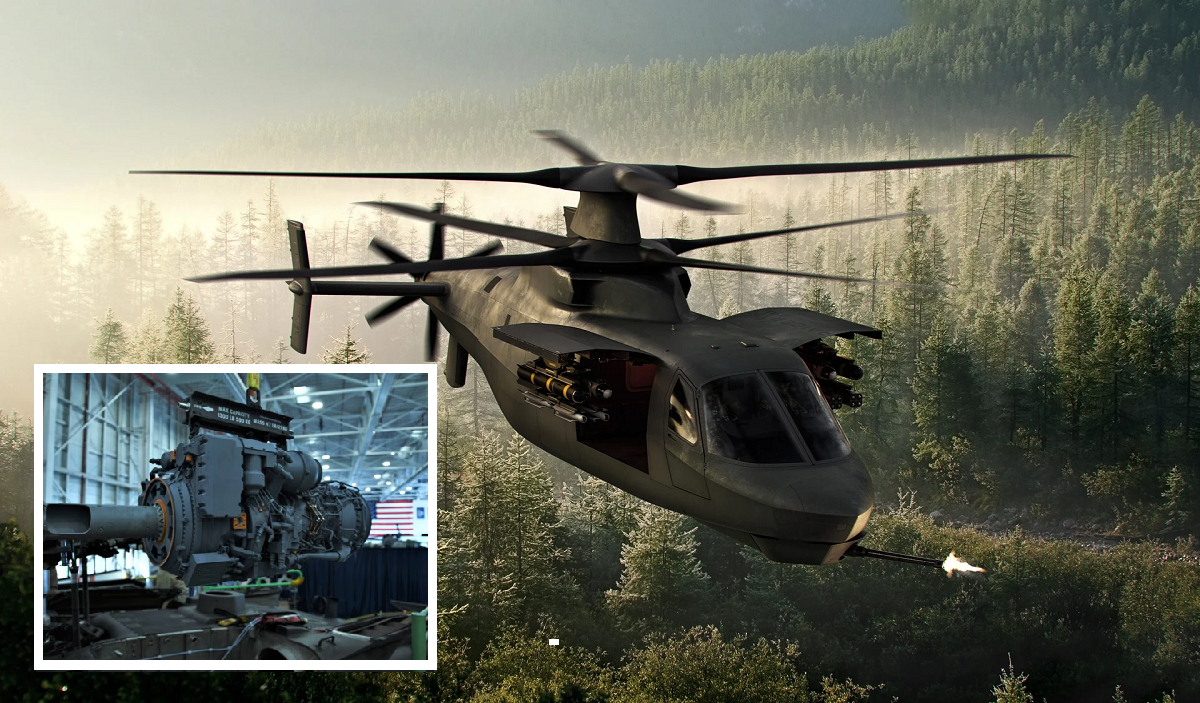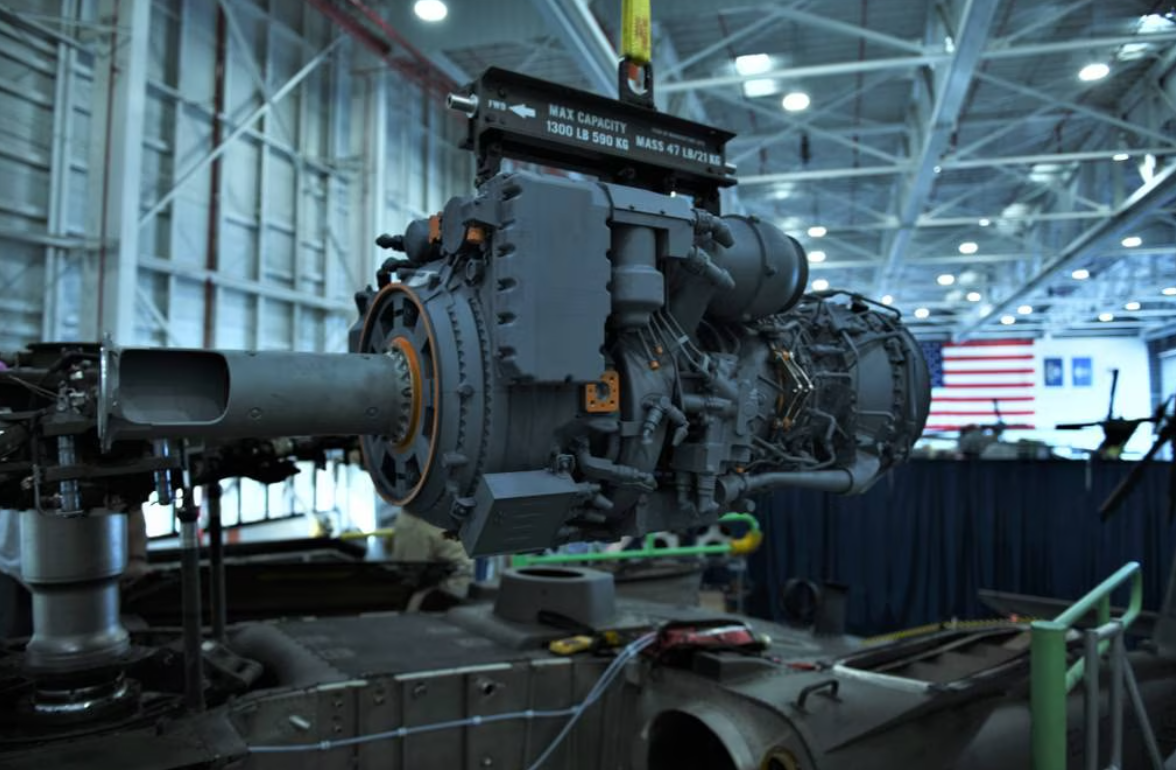GE Aerospace has postponed until 2024 delivery of an engine for the UH-60 Black Hawk, the AH-64 Apache and the next-generation helicopter, which Lockheed Martin and Bell are working on

General Electric Aerospace has once again postponed delivery of the engine for the next generation helicopter. It was originally planned to be ready by the end of 2022.
Here's What We Know
The US Army wanted the engine in 2022, but then the deadline was pushed back to spring 2023. Now GE Aerospace says the new propulsion system won't be ready until 2024. This was recently announced by US Army procurement chief Dough Bush. He said the service will not be able to hand over the new engine for installation on next-generation prototype helicopters "until early next year".
The GE T901 powerplant is intended to replace the T700 engine, which has been in use since the 1970s. The GE T901 will not only be used in the next-generation helicopter that Lockheed Martin and Bell are working on as part of the Future Attack Reconnaissance Aircraft (FARA) programme. The UH-60 Black Hawk and AH-64 Apache helicopters will be equipped with the new engine.
Lockheed Martin and Bell said they have almost completed prototypes of the new generation helicopters. They are called Raider X and Bell 360 Invictus respectively. The companies had planned to make the first flight in late 2023. The schedule has already moved up by about a year.

For its part, GE Aerospace said the problem is not related to engine development. Doug Bush described the delay as a manufacturing problem. A GE Aerospace spokesman told Defense News that the company is experiencing problems with the supply of some components.
The GE T901 engine has already undergone several successful tests. The company plans to develop eight samples to conduct comprehensive tests. The first specimen was able to run for 100 hours. Prior to mass production, GE T901 will undergo 1,500 hours of full-scale ground testing and 5,000 hours of qualification testing.
GE Aerospace has spent more than $300 million on engine development since 2010. In 2019, the company won the ITEP program. The new contract calls for $517 million in funding through the end of summer 2024. The GE T901 provides a 50% power boost, increases fuel efficiency by 25%, increases service life by 20% and will have the ability to reduce emissions.
Source: Defence News